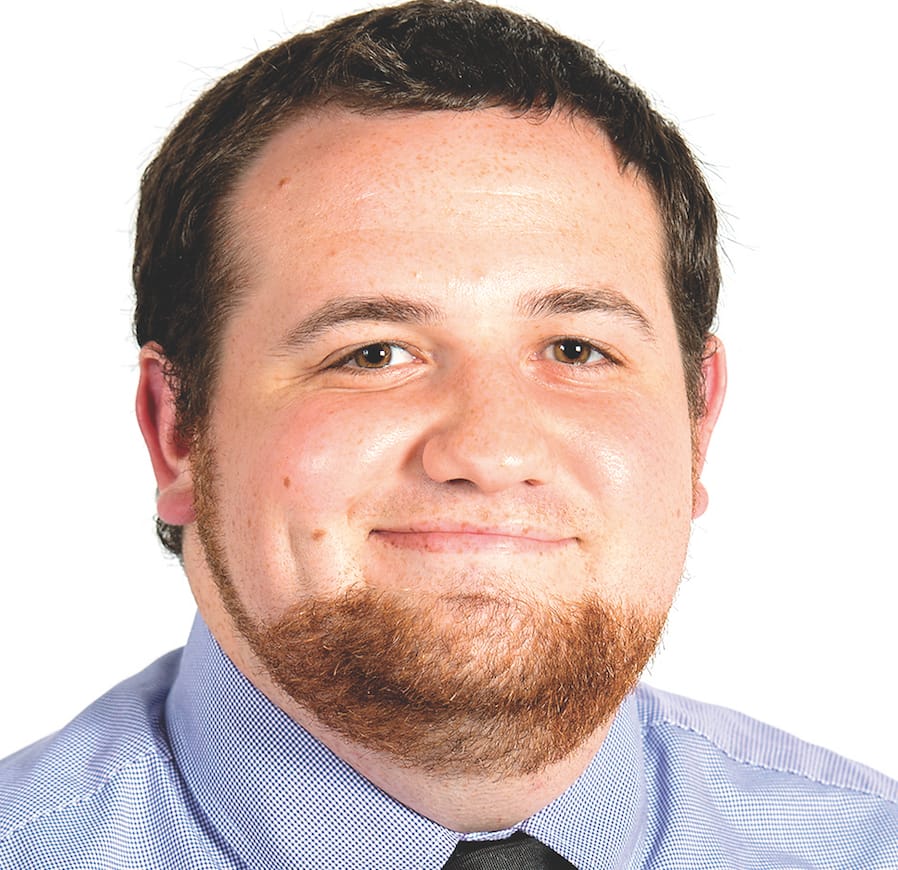No ticket revenue, no guarantee payout from an FBS opponent and an uptick in expenses have left James Madison’s athletic department in the same circumstance so many of its counterparts are experiencing while navigating the financial problems caused by the pandemic.
“We need a lot of money,” JMU athletic director Jeff Bourne said during a Zoom call with reporters on Thursday, the same day the athletic department launched a fundraising initiative to offset deficits.
Bourne said his program is staring at an estimated $5.5 million in losses.
“We think obviously as a result of revenue losses, reductions in gift revenue and the expenses that we not only are anticipating that we might have and any we may have in the future,” Bourne said, “that figure is going to hover somewhere around the $5.5 million figure.”
Earlier this year, JMU scrapped its spring sports midway through March due to coronavirus concerns and also at that time on the national level the NCAA tournament was canceled, which meant the NCAA had significantly less money to distribute across schools in all levels of college athletics.
JMU has had to postpone its fall campaigns – including football – to the spring as well.
And during the 2018-19 academic year JMU generated $10,649,299 in revenue from football, the most for any school in the FCS, according to the US Department of Education Equity in Athletics Data Analysis.
This fall, no tickets were sold at Bridgeforth Stadium and the Dukes lost their contest at FBS North Carolina, which would’ve paid them $500,000 just for making the trip.
“If things don’t change and we can’t raise money, the way you experience JMU athletics is going to change,” JMU associate athletic director for development Cliff Wood said, “because we just don’t have the budget to pay for those sort of things.”
Said Bourne: “This is a very, very important crossroads for out athletic program.”
He said scholarship costs are up $250,000 this year due to the NCAA’s blanket waiver that allowed spring athletes to return for an extra year of eligibility after last spring’s lost season.
And Bourne added he anticipates JMU having to test its athletes for the coronavirus more frequently when competition starts this November beginning when the school’s men’s and women’s basketball squads take the floor for the first time.
“I think testing costs will go down eventually,” Bourne said, “and we’ll see a reduction in the price we’re paying for tests, but the other side of that is we’ll be administering many more tests than what we are now.”
Bourne said he expects the current financial issues to stretch beyond this year.
“I feel like the following year is impacted,” he said, “certainly not near to the level that we’re experiencing this year, but there will be a financial impact in 2021-2022. And I suspect depending upon what happens with full testing and a vaccine being developed, hopefully we’re seeing ourselves pull out of this by the 2022-23, and no later than the [2023-]2024 academic year.”
